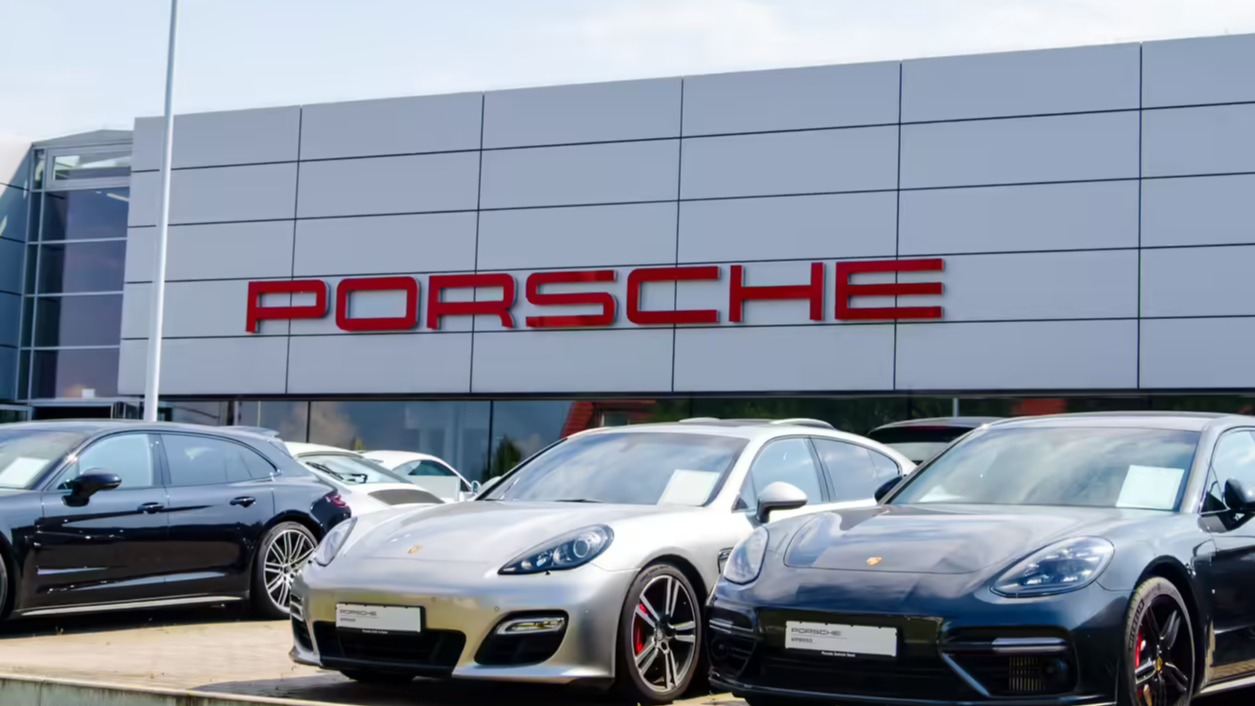A Look at How the New Product Strategy Will Affect the Iconic Porsche 911 and other Models
Written byTimes Magazine
A strategic shift in product planning, caused by a slowdown in demand for high end electric vehicles (EVs) and rising economic pressures, has caused a significant drop in Porsche's stock price. The luxury automaker announced it would be delaying the launch of several all electric models, and instead, will prioritize internal combustion and hybrid versions of existing vehicles. The news has sent a shockwave through the financial markets, not only hitting Porsche's shares but also causing a multi billion dollar loss for its parent company, Volkswagen. This decision highlights the challenges that even top tier car brands are facing as they navigate a complex and evolving global market.
The company's leadership cited "new market realities" as the primary reason for the strategic realignment. According to Oliver Blume, the CEO of both Porsche and Volkswagen, a clear drop in demand for luxury EVs, along with rising tariffs and a cooling Chinese market, has forced the company to take a more cautious approach to its EV transition. The most notable change is the delay of a planned all electric SUV, which will now launch as a combustion and plug in hybrid model instead. The company also announced that it will extend the production of existing gasoline powered vehicles, such as the Panamera and Cayenne, well into the 2030s.
The financial fallout from this strategic pivot has been substantial. As a result of the changes, Porsche has slashed its profit margin outlook for the year. The company now expects a positive sales return of up to 2 percent, a sharp decline from its previous projection of 5 to 7 percent. This adjustment, which is the company's fourth downward guidance revision this year, is expected to hit Porsche's operating profit by up to 1.8 billion euros. Volkswagen, which owns a majority stake in Porsche, also announced that it will take a 5.1 billion euro hit from the changes, and has cut its own profit forecast.
While the decision to delay the EV rollout has been met with disappointment from investors, it's being seen by some as a pragmatic and necessary move. The company's new strategy, which focuses on adapting to market demand rather than adhering to an ambitious, all electric roadmap, is intended to ensure long term financial stability. It signals that even a brand with the prestige of Porsche is not immune to the economic headwinds shaping the future of the automotive industry, and that the road to full electrification may be longer than many had anticipated.


